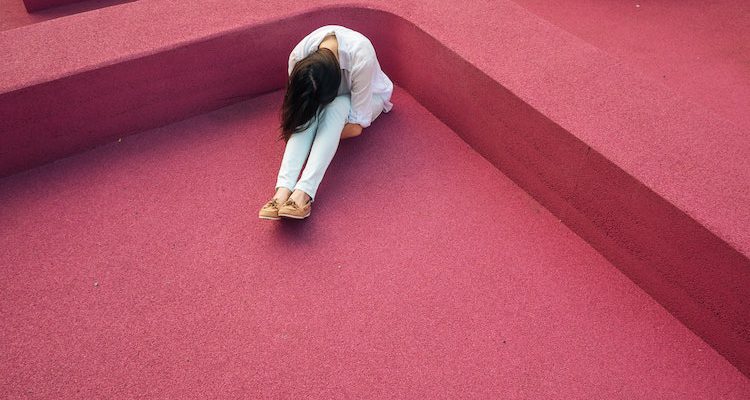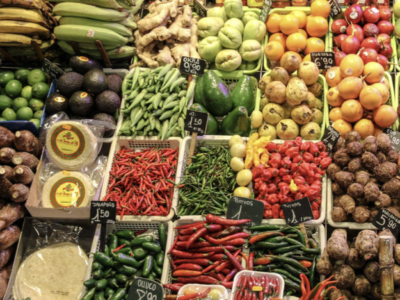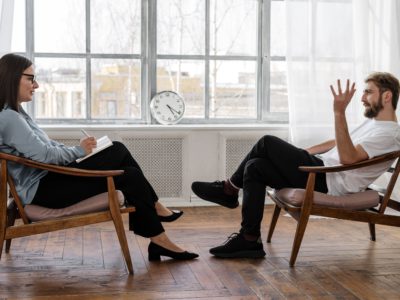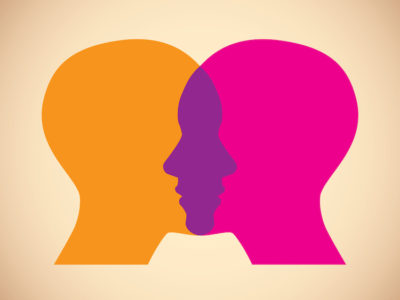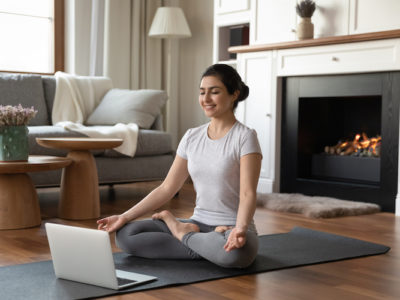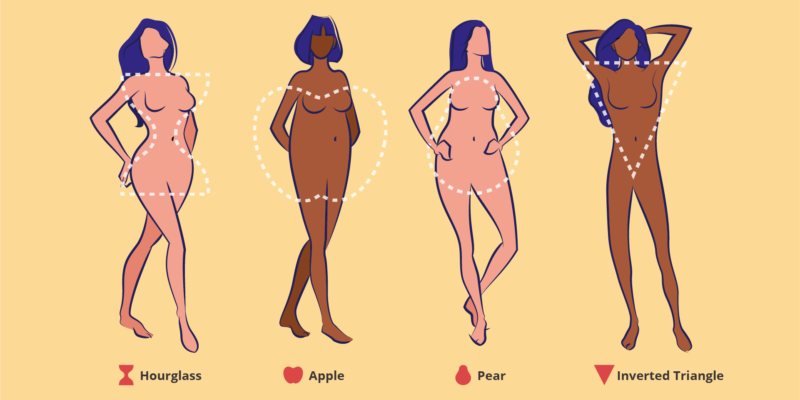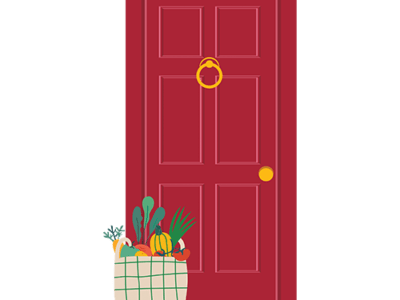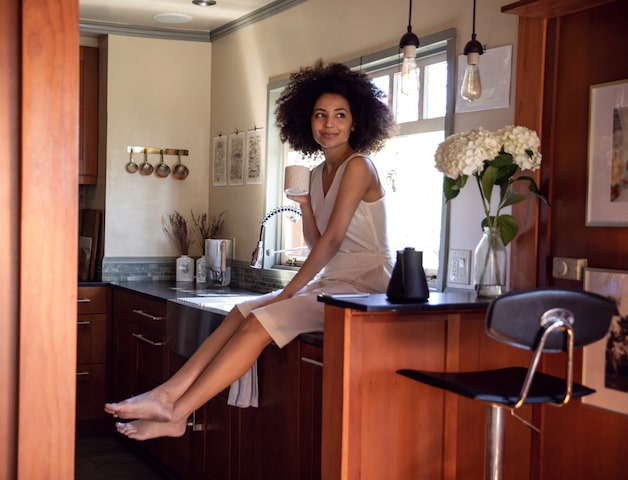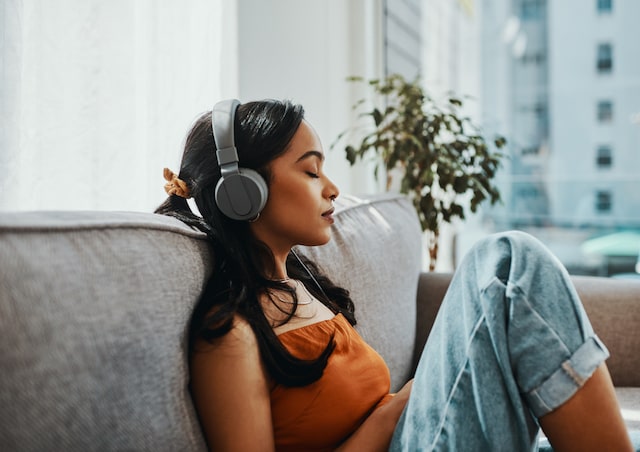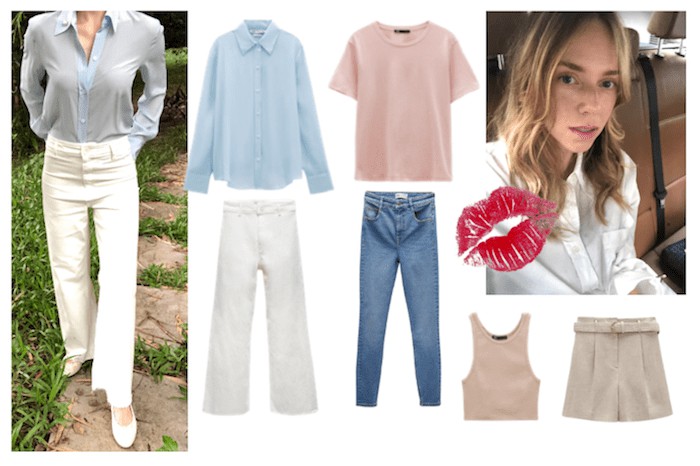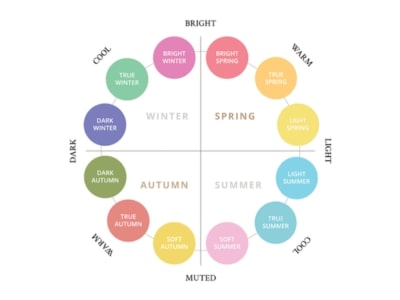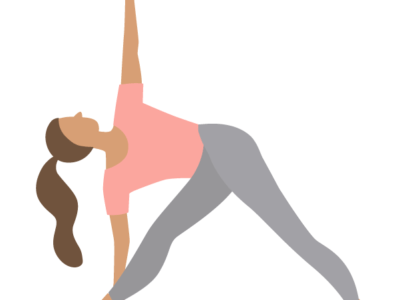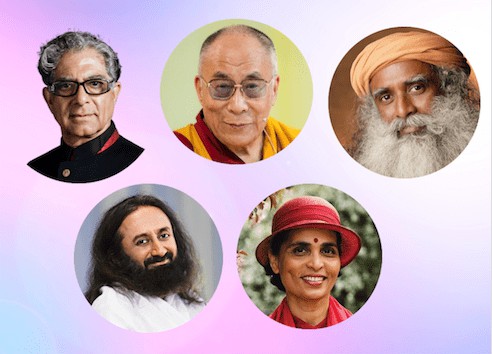Anxiety has been the defining emotion of the pandemic. The fear of the unknown, the challenges of daily living, the stress surrounding the health of you and your loved ones – these unprecedented times have highlighted our lack of coping mechanisms. We spoke to Dr Shwetambara Sabharwal a Psychologist & Psychotherapist, about the origins of anxiety and simple yet effective practices to tackle it on a day-to-day.
Q&A

Dr Shwetambara Sabharwal is a Psychologist & Psychotherapist
A collective anxiety
Anxiety has been part of our lives for many years, but the pandemic has brought it to the surface in a big way. Whether it’s situational anxiety, panic attacks, or generalized anxiety over some time, we’ve seen more cases crop up.
I always tell patients that the first step is to identify what we are anxious about. Are we anxious about health, our family members, finances, or isolation? It’s a part of self-awareness, and it’s important for us to feel it to know to heal it.
Anxiety stems from the unknown
The other thing to be aware of is that all types of anxiety – situational, clinical, chronic, acute, or generalized – are about the future. They’re all about a time zone that we can’t predict or control. So, essentially, we are setting ourselves for failure, hopelessness, and frustration when we try to control this outcome, when we try to control the future.
Mindfulness helps you move forward
One thing that helps in such situations is the practice of mindfulness, of holding on to what you have at the moment, celebrating it, and enjoying it. This doesn’t mean you don’t prepare or plan. Instead, it’s necessary to bring our focus on what is manageable in terms of preparation. It’s important to stop the worry and stress before the emotion becomes full-blown anxiety.
You look at it in terms of, ‘I’m concerned about not falling sick, so what can I do to address this concern?’. I can eat better, exercise, take supplements, and I can try to be more responsible in my social interactions. I can do all this and a couple more things. So, converting your concern into action always gives you more closure, calmness & composure.
Anxiety breeds stress
When we’re feeling anxious, we put our body in a state of stress, that is fight, flight, or freeze mode. I try to keep my clients away from feeling this way, because it affects everything else, including their goal to be healthy. Cortisol levels shoot up, immunity reduces, and it also impacts your strength to engage constructively with your mind.
Concern drives us, while anxiety paralyses
Before the emotion becomes anxiety, it’s a concern. This is the point where you should stop. Concern, essentially, is a good thing. It helps you prepare, perform and all of that works for us. On the other hand, anxiety paralyses us. Concern helps you engage with your mind more constructively and optimistically.
What is pandemic anxiety?
It’s mostly a pessimistic worry about something going wrong with you or your loved ones.
Optimistic thinking is a virtue when it comes to wellness. Of course, it needs practice and doesn’t come overnight. But I feel that if we spend some time working that muscle up, we’ll eventually develop that strength.
Finding strength in hard times
We all have our subjective strengths and in fact, it is only in hard times that we get an opportunity to identify, realize, cultivate and solidify them. I’ve always believed in 17 years of this work, the only place you’ll find your strengths is within yourself. That is one place you can bank upon. I feel that it is a precious, safe world that all of us have and we can access anytime at our beck and call.
Self-awareness leads the way
Strength comes from self-awareness. We need to know who we are, how we think, how we emote, and what we feel. The only way to fathom that is to be able to hear your thoughts. So, it’s important to spend some time with yourself hearing your thoughts, listening to yourself, looking at patterns, keeping in mind your upbringing, etc.
Ask yourself where your belief systems come from. When I react in situations, where is it coming from? The next step is self-acceptance, which is closely related to self-awareness. Often, we get to know something about ourselves, and we deny or criticize it. That’s not a great approach. It’s important to accept ourselves and be comfortable in our skin.
Self-awareness is a step towards self-acceptance
Acceptance gives you a lot of strength to cope with stress and what’s coming your way. When there’s acceptance you can see things. Otherwise, you can’t recognize your strengths and growth areas. What do you want? What should you aim for? How do you solve problems? When do you buckle? Are you getting there? You need to be self-accepting to answer these, as there is a lot of interplay between self-acceptance and self-awareness.
Self-forgiveness is key
Another important factor is self-forgiveness. We find it very hard to forgive ourselves for our weaknesses. We don’t see growth areas, so we’re unforgiving and critical. Of course, these tools aren’t the kind that you can use and check off in one evening, and suddenly feel stronger. The kind of work we do is a process; a journey that’s a mix of cognitive therapy and spirituality. So, it needs lots of observing, understanding, accepting, and forgiving of the self.
The gift of hardship
When it comes to finding strength in hardship, it’s also important to cultivate an attitude that says, ‘Whatever crisis I’m in, it is a gift’. Needless to say, this is incredibly difficult and as people often say, “easier said than done”. However, this belief gives me a lot of strength. It feels like if I’m going through something difficult, it’s probably because of an important lesson that’s coming my way.
Compassion is key for emotional balance
Compassion towards yourself and towards others really works. It’s not an easy practice. Compassion is something we can manifest only after we’re mastered certain practices. I think if someone taught us from our younger years how to get rid of some of the emotional overload, baggage, and dirt that we start to carry, and identify with it as ours, and treat it as precious because it’s ours – we would all benefit.
Carrying around all this emotional baggage stops us from being compassionate to ourselves and others. So, making space for ourselves to just be is incredibly important. Making space for the other people around you is just as important, and that’s what compassion is. I think it’s the most beautiful and powerful emotion that human beings can have in the direction of healing.
Read next:
How to Do a 3-Minute Mindful Breathing Practice
What Does Mindfulness Actually Means?
And if you liked this article, sign up for a monthly newsletter. A handpicked selection of lifestyle articles delivered to your inbox.

